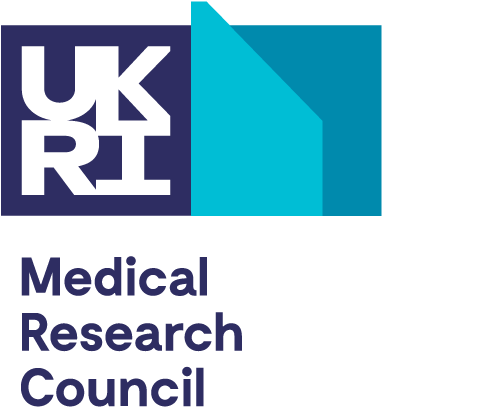Responsible use of metrics
MRC are committed to support the recommendations and principles set out by the San Francisco Declaration on Research Assessment.
You should not use journal-based metrics, such as journal impact factors, as a surrogate measure of the quality of individual research articles, to assess an investigator’s contributions, or to make funding decisions.
For the purpose of research assessment, please consider the value and impact of all research outputs (including datasets, software, inventions, patents, preprints, and other commercial activities) in addition to research publications.
You should consider a broad range of impact measures including qualitative indicators of research impact, such as influence on policy and practice.
The content of a paper is more important than publication metrics or the identity of the journal in which it was published, especially for early-stage investigators. Therefore, you should not use journal impact factor (or any hierarchy of journals), conference rankings and metrics such as the H-index or i10-index when assessing UK Research and Innovation grants.
Career breaks and flexible working
The assessment of MRC proposals frequently involves appraisal of the applicant’s track record. In making this appraisal, reviewers should take into account time spent outside the active research environment, whether through career breaks or flexible working.
Ethical issues
Medical research raises a number of ethical issues. MRC’s requirements and expectations relating to research involving humans or animals, or where there are other sensitivities, are outlined in the MRC Ethics Series.
Many of the finer points of proposals addressing the issues will involve scrutiny by an independent ethics committee, but we also need to be satisfied that the work is acceptable. Therefore we ask all reviewers to:
- follow good ethical practice in their role of assessing proposals
- consider carefully the ethical acceptability of research proposals and, where necessary, highlight areas MRC may need to consider
- assist MRC in identifying any wider potential implications, for example, could a piece of non-clinical research involving techniques such as synthetic biology or animal cloning have far-reaching ethical implications?
Investigations involving human participants, associated data or material
Our expectations and requirements around research involving humans are outlined in the MRC Ethics Series. Specific guidance and advice is available for work involving children, individuals who lack mental capacity, participants in developing societies, personal information, human tissues and biological samples.
Although most of this work involves independent scrutiny by an independent ethics committee, MRC also needs to be satisfied that the work is acceptable. Many proposals have broad-ranging programmes but do not include detailed protocols, so it is useful to focus on obvious problem areas and novel issues, including:
- clinical trials – these are submitted with detailed protocols
- proposals which may involve potentially novel risks need to take into account public as well as scientific perception
- proposals where consent cannot readily be given or is not going to be obtained
- proposals which entail using data or material in ways which the donor may not have envisaged
- proposals in areas of public concern (for example, genetics) where the potential relevance to health may not be obvious.
If you consider that there are particular ethical considerations around a proposal, please raise these in your review so that they may be considered by the board or panel.
Investigations involving animals
We expect all proposals to conform to the guidance in Responsibility in the use of animals in bioscience research: Expectations of the major research council and charitable funding bodies.
Reviewers are asked to consider whether:
- animals are needed for the proposed research
- the potential benefit justifies any adverse effects on the animals
- the species and model chosen are appropriate
- the experimental design and planned statistical framework chosen are suitable to address the scientific objectives
- the primary outcomes to be assessed and frequency of measurements and interventions are appropriate
- the total number of animals and chosen sample sizes are appropriate in relation to the planned statistical analyses, including the sex of the animals, cells or tissues (both sexes, unless a strong justification is given for not doing so)
- appropriate plans to minimise experimental bias are in place.
This requirement applies whether or not the animals are to be purchased with MRC funds and whether the work is to be undertaken within or outside the UK.
Risks of research misuse
MRC’s guidance can be found in Managing risks of research misuse.
Reviewers are asked to consider:
- are there any ethical, safety or security issues or other potential adverse consequences associated with the proposed research?
- whether these issues would include any tangible risks meaning that the research could be misused for harmful purposes. Such purposes would include actions which lead to harm to humans, animals or the environment including terrorist misuse
- if such issues exist, have these been addressed satisfactorily in the proposal?
Investigations involving institutions or external bodies
Where a proposal involves study at the level of institutions or communities, it is important to ensure that ethical issues and potential impact from the group or institutional perspective have been properly addressed.
Last updated: 16 February 2023


